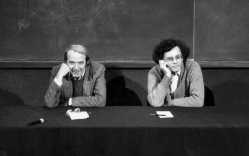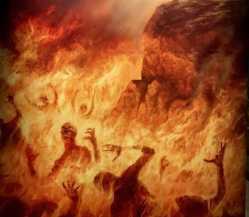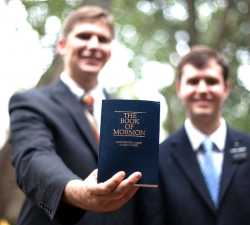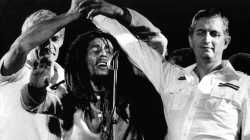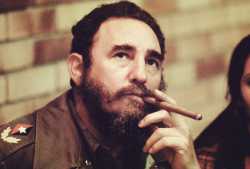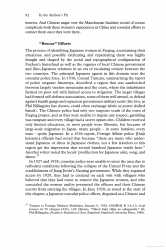Quoted By:
Divergent thinking—as opposed to convergent thinking—is the mechanism that is responsible for all mental illness, it is also the mechanism that is responsible for all human creativity. Which ever race has the most divergent thinkers, also has the most schizos. The Caucasian race (whites, arabs, jews) is by far the most schizo race and it is for this reason alone that Caucasian cultures produced all of humanities greatest achievements. Jews are the most schizo ethnicity per capita within the Caucasian race, this is the sole reason they produced so many geniuses, and why they ultimately rule the world. Just read the Old Testament for an understanding, one of the most beautiful pieces of literature ever written, but ultimately exemplifies the absolutely mental illness of the Jewish condition.
And then we have the Hapa—mans brightest edition to the schizo pantheon. Hapas can only be described as a race of hyperschizos, no Jew comes close. This is man in his complete form: the perfect blend of quantitative intuition and qualitative instinct; the supreme light, and the supreme dark; the living exemplification of colour, and dimension. The Hapa carries with him the keys to the universe, and it is only through his beautiful form that man can ever fully realise his purpose here on this earth. For this reason (((they))) fear him, (((they))) do not want him to exist, and (((they))) will fight him at every chance.
If you stand for all things exalted, and all things beautiful you will give your life to protect, preserve and create Hapas. Mankind’s future depends on it.
And then we have the Hapa—mans brightest edition to the schizo pantheon. Hapas can only be described as a race of hyperschizos, no Jew comes close. This is man in his complete form: the perfect blend of quantitative intuition and qualitative instinct; the supreme light, and the supreme dark; the living exemplification of colour, and dimension. The Hapa carries with him the keys to the universe, and it is only through his beautiful form that man can ever fully realise his purpose here on this earth. For this reason (((they))) fear him, (((they))) do not want him to exist, and (((they))) will fight him at every chance.
If you stand for all things exalted, and all things beautiful you will give your life to protect, preserve and create Hapas. Mankind’s future depends on it.

